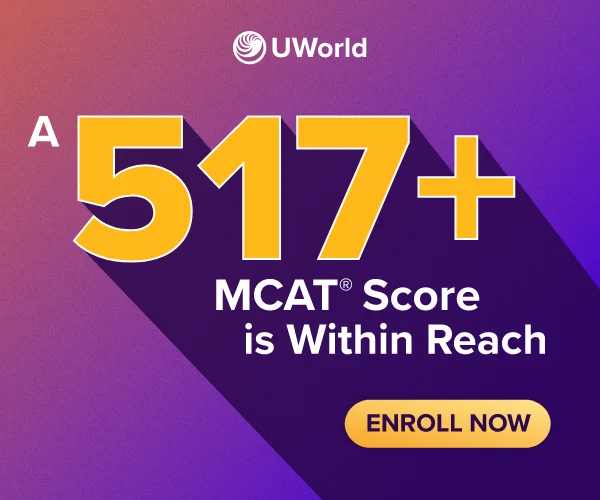They say becoming a doctor is a calling. After learning how long the road to medical practice is, we’d have to agree. It takes an almost superhuman level of motivation to go through the challenging journey of becoming a doctor. It must require a calling to something greater than yourself to endure the long and arduous path to practicing medicine. So, how long do doctors go to school? Let’s find out.
How many years is pre-med? (4-6 years)
Pre-med refers to the period it takes to complete your undergraduate education before going to medical school. The average undergraduate education curriculum lasts four years. If you go to school full-time and pass all your courses, you’re likely to graduate in four years. However, much of that depends on your circumstances or lifestyle. For example, if you have to go to school part-time because you work full- or part-time, it could take you up to five or six years to complete your undergraduate or “pre-med” education.
Note that pre-med is just an unofficial term for a prospective medical student’s undergraduate education period. While there is no such thing as a pre-med major and any undergraduate degree will suffice to enter medical school, choosing the natural sciences helps. All medical school applicants must complete undergraduate coursework in biology, physics, chemistry, and mathematics. As stated above, completing pre-med could range from four to six years.
How many years is medical school? (4 years)
After graduating from your undergraduate studies and obtaining a bachelor’s degree, it’s onto medical school. Medical school generally requires four years of full-time study of a curriculum divided between classroom-based instruction in the sciences and clinical rotations. It is in medical school where you develop applied skills in various medical areas such as neurology, radiology, cardiology, etc. This period is the meat of your journey to becoming a doctor. It is where you learn the curriculum that makes up the practice of medicine.
It is also during this time that you must take and pass the United States Medical Licensing Examination (USMLE). This three-part exam allows you to practice medicine legally in the United States. You must take and pass USMLE Step 1 before entering your third year of medical school. During your fourth year, you must take and pass USMLE Step 2 CK and USMLE Step 2 CS.
How many years is residency? (3-7 years)
During your final year of medical school, you will narrow down your desired specialty (e.g., internal medicine, pediatrics, psychiatry, etc.) and submit an application for residency to match into a residency program. After graduating from medical school, you’ll start a residency program, which will enable you to work directly with patients in a specialty area of medicine in a hospital setting. Residency can last anywhere from three to seven years.
During your residency, you must take and pass USMLE Step 3, the final exam in the USMLE sequence leading to a license to practice medicine without supervision. Step 3 assesses whether you can apply medical knowledge and understanding of biomedical and clinical science essential for the unsupervised practice, with emphasis on patient management in ambulatory settings. Completing this step establishes you as a physician, meaning your journey to becoming a doctor is complete at last… well, at least on paper. The de facto final step in your long journey to become a doctor is securing a job as one.
So, what does it all add up to?
If you do the math and add up the number of years it takes to become a doctor based on the requirements we’ve explored throughout this article, you’ll realize that it could take anywhere from 11-13 years on average. That said, how long a doctor goes to school could also last a whopping 17 years (from pre-med through to residency) if you consider programs that require additional years of fellowship after residency training.
If you’re currently an undergraduate student who intends to go on to medical school and become a physician, check out our comprehensive MCAT online learning tool to help you achieve your dream MCAT score.




